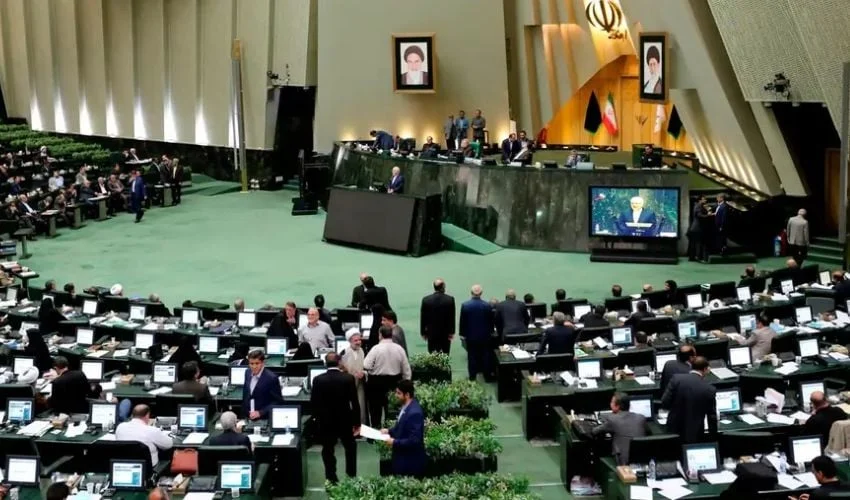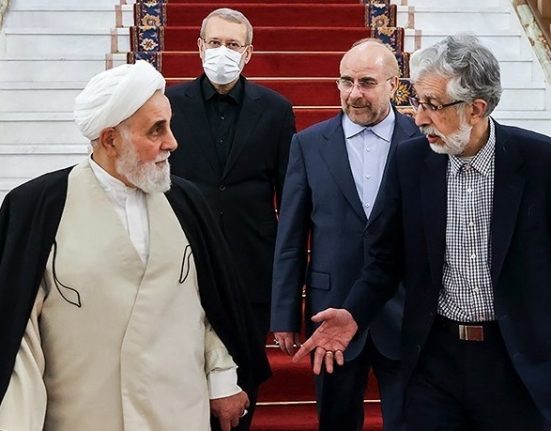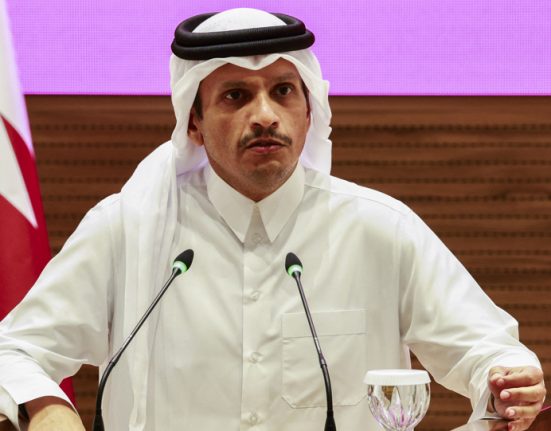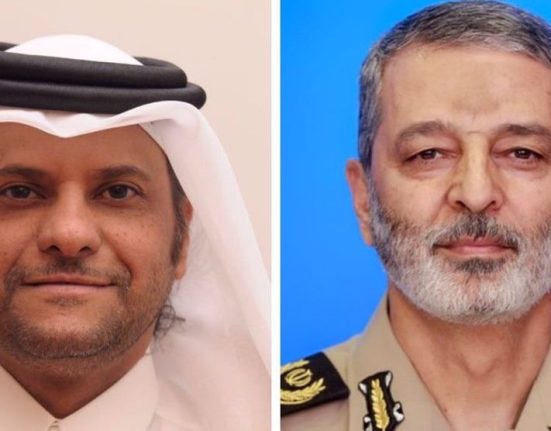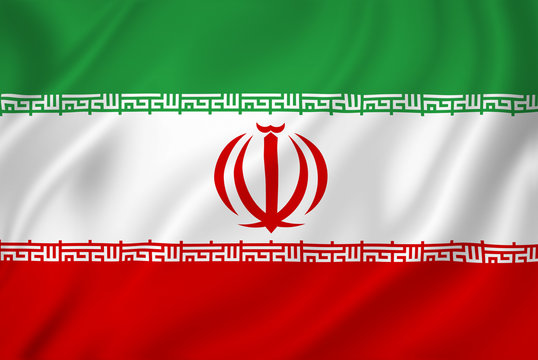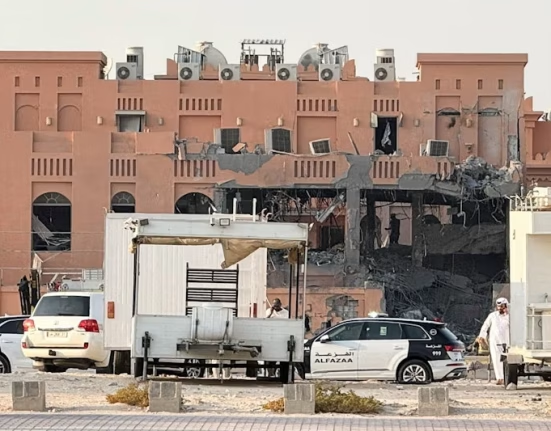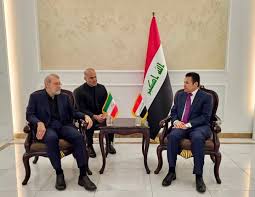In a significant move that has drawn international attention, Iran’s Majlis (parliament) on June 25, 2025, officially passed legislation mandating the suspension of all cooperation with the UN’s nuclear watchdog, the International Atomic Energy Agency (IAEA). This development escalates the standoff with Western powers and marks a fresh pivot in Tehran’s nuclear diplomacy
Under the new proposal, Tehran will cease security-sensitive activities—including the installation of monitoring cameras, permitting agency inspections, and the routine filing of nuclear compliance reports—unless its national nuclear sites receive “guaranteed safety assurances.” The groundbreaking framework had initially cleared a parliamentary committee on June 23, before winning full legislative approval two days later
Despite being chamber‑approved, the legislation still awaits final sign‑off by Iran’s Supreme National Security Council. If rubber‑stamped, Iran would formally suspend surveillance measures that have been a key pillar of its nuclear oversight, significantly tightening foreign scrutiny of its atomic programme .
Parliament Speaker Mohammad‑Bagher Ghalibaf and ruling hardliners argue they acted in response to what they perceive as “politicised” and hostile steps by the IAEA. Ghalibaf accused the agency of departing from its impartial mandate, framing the bill as a defensive measure to preserve Iran’s sovereign rights under the Non‑Proliferation Treaty. Tehran insists it has no intention of building nuclear weapons, saying the move is driven purely by security concerns around facility protection
International observers caution that formalising the bill could strip the IAEA of vital oversight tools—leaving Iran’s nuclear sites largely off‑limits for inspectors. Such a shift may have profound implications for diplomatic channels, potentially derailing efforts aimed at reviving the 2015 nuclear accord and heightening tensions with Western nations monitoring Iran’s uranium enrichment levels
As things stand, all eyes are now on Tehran’s Supreme National Security Council. Its decision will determine whether the suspension becomes official policy or remains a legislative gesture.

